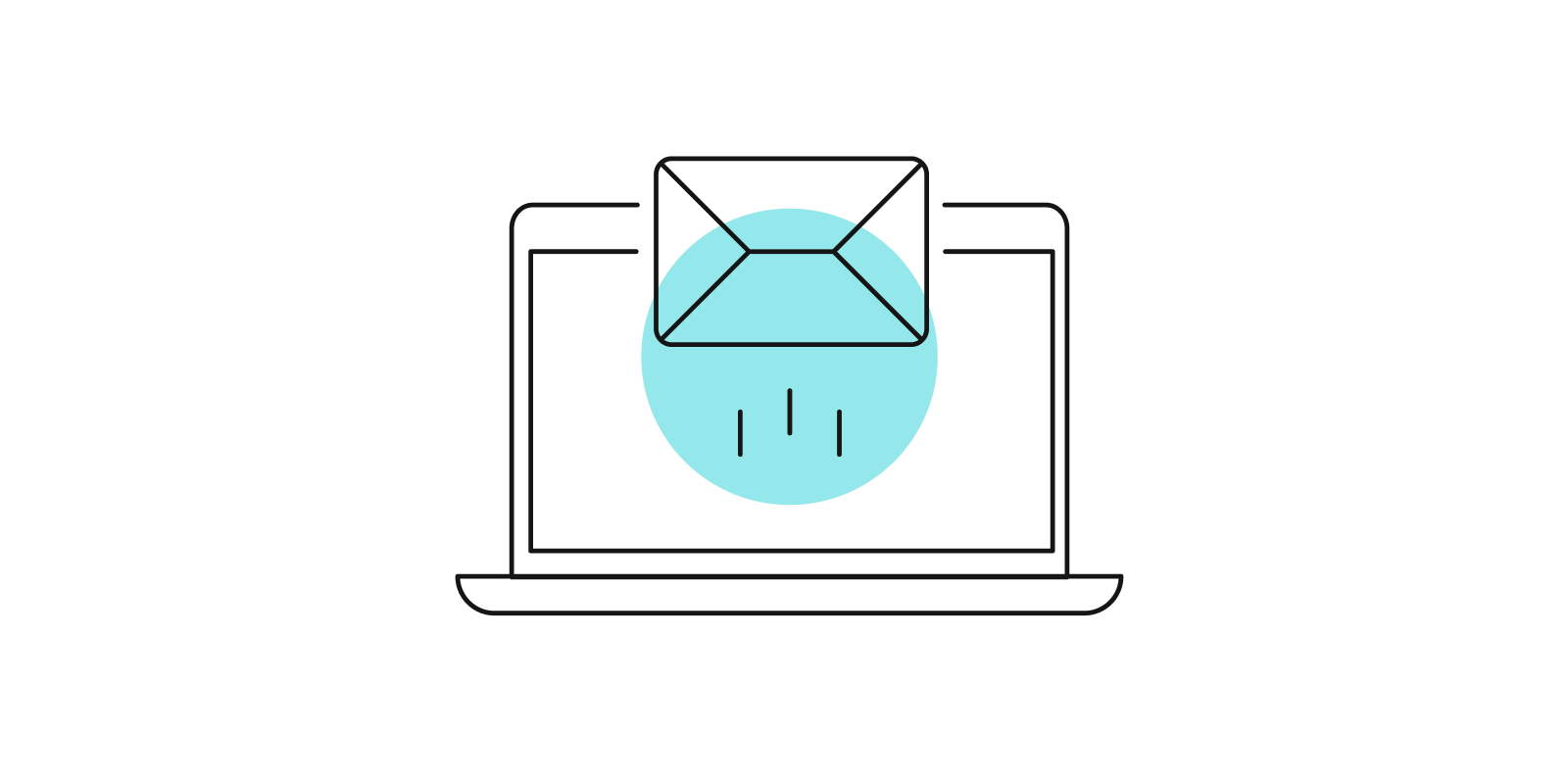
Coping Through End of the Year Stress

I believe the end of the Spring Term for most higher education instructors is when we are on our last nerve.
We have survived Fall with all the newbies, both colleagues and students. We’ve participated in all the required, seemingly endless, often less than engaging in-services, including one more course on cyber security. We’ve attended all required faculty meetings and served on committees ranging from book selections to searches for new faculty. We’ve updated courses, copied courses, and graded all the work in those courses. As instructors we responded to students’ extra needs ranging from academic mentoring to providing referrals for students struggling with work, home, school, illness, and financial losses. We’ve done this without wavering, well almost without, for 9 months and that summer vacation is within sight.
But wait, in these last few weeks before we reach that holy grail of vacation time, we will wrap up the year with departmental reports, assessments by our accrediting bodies, and institutional reviews. On top of all of that, instructors are bombarded with end of term student pleas to give them extra credit so they can pass. And if they don’t pass, they tell us it’s all our fault their futures will be bleak.
Stress, who’s stressed???? I was, and often still am. I need something to take my frustrations and irritations down a notch, so I can make it down the home stretch without saying something to anyone I would later regret. I turn to purposeful living and the practice of staying in the moment by focusing on the tangibles of the five senses. Let me share a few suggestions you can take as a jumping off point, don’t take that literally, and then make these sensory grounding moments your own.
Touch
Classic studies have revealed how important human touch is for us to thrive. Yet, Covid and a desire to be appropriate with others in all ways may have curtailed our natural impulses to give someone a hug, a squeeze of the hand, or a pat on the back. However, there are many ways to use touch as a safe focus point if interpersonal touch is unavailable. I have found great comfort in kneading dough, digging in the dirt in my garden, or immersing myself in a pool. Skin is the organ of touch, and we all have lots of skin. So, arms, legs, fingers, and toes all count and help us focus our attention on the amazing feeling of something like wriggling our toes in the sands at the edge of a body of water.
Hearing
Beyond hearing your colleagues out, take a few moments to stop the noise and really listen. Don’t just hear, listen! Wherever you are, there is life happening around you with all its remarkable cacophony. Single out each sound, identify it, and then keep singling out and identifying. Don’t judge the sounds as good or bad, just life happening outside of your head. Write each down. You’ll be surprised by the lack of the worry noise that was in your head a few minutes earlier.
Sight
If you don’t have the time to take in a museum, my personal recommendation, or you aren’t near a beach to watch the ocean waves, look around your space. What have you chosen to decorate your environment? Do those things bring joy when you look at them? If not, you might choose to redecorate a bit. Or you might add a flower in a vase to that otherwise over-populated desktop. Deliberately look at something that brings up good feelings. It might be as simple as the tree outside, or the color of the sky. Really think about what you are seeing and take the time to notice all the details. And then, write these down.
Smell
Concentrating on smell stimulates many regions of the brain. Smell is one of the most powerful and evocative of our senses. Memories flow freely when we focus on the scents around us. There’s a very good reason fortunes are being made with aromatherapy. Essential oils offer a quick fix for many symptoms of stress like headaches. A diffuser in the area where you encounter the most stress may alleviate some symptoms. And, if a diffuser won’t work where the stress lives, rub a little oil on your wrist for a little unobtrusive sniffing when you feel the tide of irritations rising. Also, just noticing the smells around you can transport you to other times and other places where you encountered similar scents.
Taste
Last, but certainly not least, this one bears some self-restraint. Once started, you need to be alert to comfort eating that may result in more of you than you wish. I really try to have a good meal with colleagues as often as possible during the final days of school. Potlucks are even better. Everyone has to eat lunch at some point, so arrange an end of the term potluck to savor and relish each other’s offerings. Talk about the flavors, seasonings, and what each reminds you of. Share your memories over a shared meal. Some of my happiest memories of teaching involve our faculty lounge, the whiteboard with signups and snarky comments. In addition, consider the community and collegiality of being on the same ship bailing for all we’re worth to get to that vacation.
So, take these suggestions and truly make them the moments of your choosing. Moments focused on good tangible sensory stimulation lead to minutes, which lead to hours and days to weeks to months to years. And voila! Your life has been populated with many moments that you counted and turned into moments that mattered. CAUTION!!! Once you start this habit of being in the moments of your life using your senses, you may never come back to the mundane world of endless invasive and worrisome thinking.
About the author

Dr. Terri Moore
A native Floridian, Terri worked in North Carolina for 15 years, directing non-profit agencies primarily in the fields of health care and services. Terri moved into academia where she has taught in higher education for over 19 years, teaching communication courses first at Guilford Technical and Community College, completing her master’s degree in communication studies from the University of North Carolina at Greensboro. Returning to her native state, she taught communication and college success courses with Polk Community College as she completed her PhD in Psychology with an emphasis in social psychology.
As a dual credentialed professor with Eastern Florida State College, Terri has been teaching both psychology and communication courses for over 13 years, using Pearson products in classes first with MyLab® and continuing with Revel® as it expanded the list of authors and developed additional integrations such as Shared Media. She has taught extensively, both in face-to-face and online platforms, a wide range of communication and psychology courses, designing several master courses for online programs. She has been a freelance faculty advisor with Pearson for approximately 11 years, making the choice in 2019 to leave full-time academia for full-time employment with Pearson as a Revel faculty advisor for liberal arts.
A skilled presenter with excellent oral and written communication skills, Terri’s preferred research methods are qualitative with a special interest in social psychology and well-being across the life span. Most recently, she published an article based on her research of women choosing to make new committed relationships in later life.



